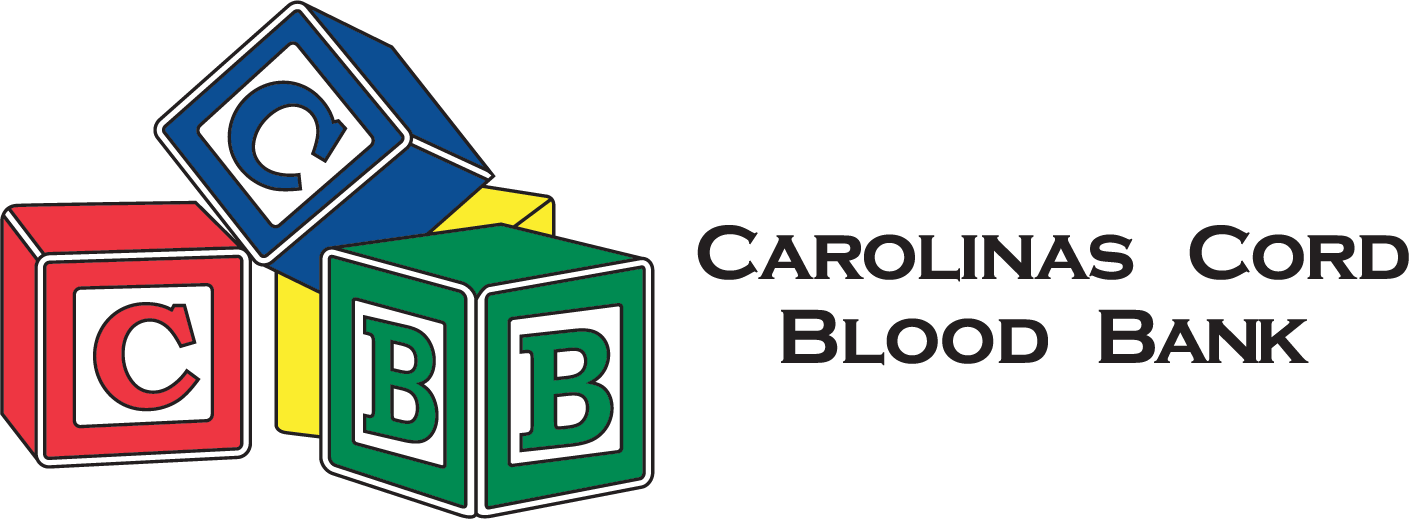About CCBB
The Carolinas Cord Blood Bank (CCBB) is one of the largest public cord blood banks in the world. Established in 1998 with support from the National Heart and Blood Institute of the NIH, CCBB is a part of the Duke University School of Medicine.
CCBB has:
- An extensive inventory of racially diverse cord blood units
- Several fixed collection sites
- Multiple collection models
- Rigorous training programs for collectors and processors
- Advanced data and document control systems
- Accredited by FACT and CAP and certified by CLIA
- Received FDA approval for DUCORD, unrelated donor, banked umbilical cord blood
Cord blood units that are banked at CCBB are listed on the National Marrow Donor Program (NMDP) Be the Match® Registry, an accumulated listing of donated cord blood units from participating banks that are available to provide donors for patients needing a hematopoietic stem cell transplant to treat cancer or certain genetic diseases.
Thousands of mothers have donated their cord blood to the CCBB. Banked units are comprised of African-American, Hispanic-American, Asian-American, and Caucasian samples. This diversity helps patients of all racial and ethnic backgrounds find suitable matches for transplantation.
The CCBB has distributed cord blood units for transplantation to several thousand patients since 1999. Recipients of cord blood units include children and adult patients facing life-threatening illnesses who need a “stem cell” transplant from an unrelated donor to provide them with healthy blood cells. Many of these patients have been affected by leukemia, lymphoma, severe aplastic anemia, or other fatal diseases of the blood or immune system, or certain inherited metabolic diseases.
In addition to life-saving transplants, the CCBB also provides cord blood units for research. These units are made available to investigators for critical research in the area of cord blood and stem cell biology.
